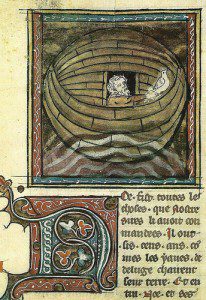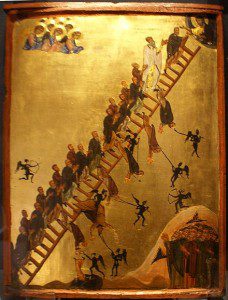I’m preaching this Sunday a sermon titled, The Secret of Election. I will be borrowing heavily from Lesslie Newbigin. No one, aside from N.T. Wright (and, in his own unique way, Karl Barth), spells out the “logic of election” (as he calls it) better than Newbigin. After demonstrating that one of the great misconceptions of the concept of election is that election is for privilege, he goes on to argue that election is for responsibility–and this responsibility involves the willingness to suffer. It’s a lengthy quote, but I offer it for your edification and / or consternation and / or consideration.
To be chosen, to be elect, therefore does not mean that the elect are the saved and the rest are the lost. To be elect in Christ Jesus, and there is no other election, means to be incorporated into his mission to the world, to be the bearer of God’s saving purpose for the whole world, to be the sign and the agent and the firstfruit of his blessed kingdom which is for all. It means, therefore, as the New Testament makes abundantly clear, to take our share in his suffering, to bear the scars of the passion. It means, as Paul says elsewhere, to bear in the body the dying of Jesus so that the life of the risen Jesus may be manifest and made available for others. It means that this particular body of people who bear the name of Jesus through history, this strange and often absurd company of people so feeble, so foolish, so often fatally compromised with the world, this body with all its contingency and particularity, is the body which has the responsibility of bearing the secret of God’s reign through world history. The logic of election is all of one piece with the logic of the gospel. God’s purpose of salvation is not that we should be taken out of history and related to him in some way which bypasses the specificities and particularities of history. His purpose is that in and through history there should be brought into being that which is symbolized in the vision with which the Bible ends–the Holy City into which all the glory of the nations will finally be gathered. But–and of course this is the crux of the matter–that consummation can only lie on the other side of death and resurrection. It is the calling of the Church to bear through history to its end the secret of the lordship of the crucified. (Gospel in a Pluralist Society, 86-87)
I wonder how many fruitless arguments in conservative evangelical seminaries would be finally be put to rest if this understanding of election were to take deeper root?











